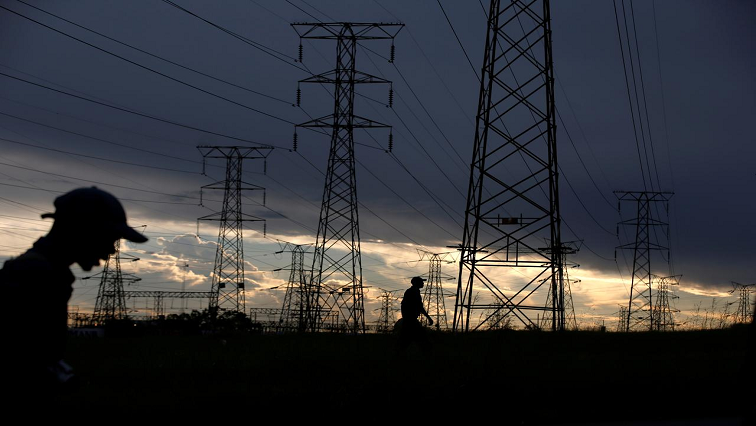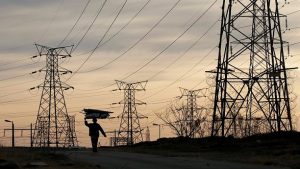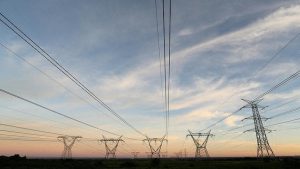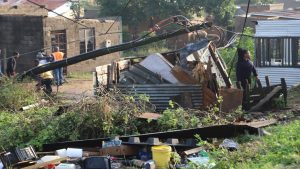Zimbabwe’s electricity woes are to worsen as the country’s power utility ZESA Holdings has started implementing “Stage Two” power cuts. This has now led to households and businesses going for up to 16 hours a day without electricity.
Authorities say this is caused mainly by reduced generation at the hydro-powered Kariba Dam owing to low water levels and breakdowns at the coal-powered Hwange Power Station.
Zimbabwe needs 2 100 MegaWatts at peak demand but is only currently producing less than 1000 MegaWatts of electricity daily. The country’s main source, Kariba Dam Power Station, has reduced generation to just over 3 050 MegaWatts mainly to depressed water levels following low rainfall in the Zambezi River’s catchment area.
The dam capacity now stands around 29% and has also forced neighbouring Zambia, which also relies on the Kariba Dam, to introduce load shedding. This situation has led to authorities to seek solutions elsewhere. Zimbabwe Minister of Energy, Fortune Chasi, says they have to, among others, invite investors in order to deal with the shortages.
“I can’t make water to put into Kariba, but as a minister what I can do is come up with a plan to deal with the deficit we face so that we deal with loadshedding in the future. We need to invite investors; we need to create a congenial environment that is attractive to investors to come and develop other source of power. There could also be hydro, but located in other areas. We need a good mix of sources of power. We need wind; we need gas; we need solar. The renewables are good. They have a lot of international support.”
ZESA is unable to import enough power from regional suppliers because of a growing debt constraint. Currently, it owes Hydro Cahora Bassa of Mozambique and Eskom of South Africa a combined amount of $83 million.
Chasi says if they pay the power utilities, they will have access to significantly higher access to electricity.
“There is no quick fix here. There is no quick fix to say tomorrow if we pay Eskom and HCB, it enables us to access significantly higher. We are getting about 50 MegaWatts from Eskom at the moment. If we pay we will be able to unlock something in the region of 400. But when you don’t pay, you don’t expect people to continue giving you.”
In the last couple of years, there were reports of corruption and maladministration at the power utility.
Revenue was apparently lost in shoddy deals and tenders.
However, ZESA is also owed large sums of money by its local consumers amounting up to $1.2 billion.
The mining sector, which uses most of the power, owes in excess of $2 00 million while local authorities owe $3 million. The domestic consumer bills rakes more than $400 million dollars and now government is putting plans to recover the debt.
Chasi has encouraged people and businesses to pay their bills.
“As a country, we should never allow ourselves to get to this situation. It does not matter who you are. It’s very simple. ZESA is a business – a very critical business. So, when you consume power, you simply must pay and that’s we are going to do. We are also addressing other things. We would like to stop the bleeding that has occurred or is occurring at ZESA and there are a number of things we must address. Our own consumption of power has to be dealt with.”
Commercial wheat farmers, who are heavily dependent on irrigation, are the hardest hit. They cannot water their crops due to the prolonged outages.
Businesses and households are also feeling the pinch.
Meanwhile, the power utility has indicated that it cannot guarantee uninterrupted power supply during the upcoming Afcon tournament where Zimbabwe’s men national team is taking part.






